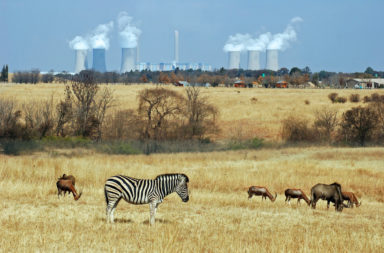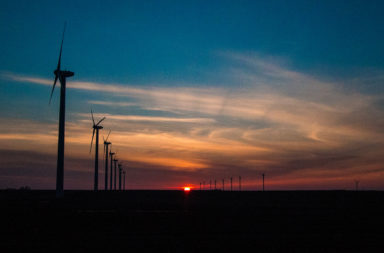China’s chief climate change negotiator Xie Zhenhua spoke out against the climate change views of Donald Trump this week.
“I believe a wise political leader should take policy stances that conform with global trends” Xie said ahead of the COP22 Summit in Marrekech, Morocco.
It wasn’t the first time China has attacked Trump.
The comment came in response to a question about Trumps plan to reject the Paris Agreement on climate change if elected. China normally pursues a policy of non-interference in the affairs of other states but, when it comes to Trump, the Chinese state has been involved in both subtle and direct attacks on Trump over the course of his presidential campaign.
Trump has previously claimed that Global Warming is a Chinese hoax:
Chinese state-funded radios have taken that message to the United States ahead of the 2016 U.S Presidential Election.
A Northern Virginia radio station on the outskirts of Washington D.C has become an unlikely vehicle of subtle Chinese state propaganda. In 2011, Northern Virginia listeners of 1190 AM’s WAGE radio found that their station had rebranded as WCRW. Since last year, the 50,000-watt towers in Leesburg, VA have been broadcasting stories hostile to 2016 Republican presidential candidate Donald Trump.
China analyst Arthur Herman occasionally listens to the channel on his commute to Washington D.C, where he works in a think-tank. The local station’s airtime has been leased to Radio China International and broadcasts news and features related to both China and Chinese culture. At the top of each hour, the station presents a mix of international news.
Herman is often impressed by the production values of the content. “The content that Beijing is putting out is not Soviet-style propaganda. This station puts out well-produced material with interviews with both Chinese and American experts that are aimed at Washington D.C policy wonks“ Herman says.
A recent Monday morning found the Leesburg, Virginia-based station broadcasting reports on everything from the FARC peace deal in Colombia to a Chinese-built railroad in Africa. The broadcasters use both Chinese and American experts to comment on policy issues The output is not slick propaganda when discussing an agricultural problem one Chinese analyst suggest the issue be best resolved by “ Adam Smith’s invisible hand of the market” a reference to the free market economist. The station mostly avoids discussing controversial issues in China such as Tibet, Taiwan, East Turkestan and Tiananmen Square.
An FCC investigation into the station’s operation and ownership launched last year found no evidence into wrongdoing “The investigation concluded there was no violation of the law and the investigation is no longer before the Commission” an FCC spokesperson said.
Other Chinese media outlets have also attacked Trump. The Communist party’s Global Times used “racist and extremist” to refer to Trump in an article published earlier this year. While Clinton has been critical of Chinese Human rights policies, Trump’s rhetoric has attacked China’s economic policy. Trump has claimed that climate change is a “hoax” invented “by the Chinese.” The Republican politician has also questioned China’s membership in the WTO and called for 45% tariff on the import of Chinese goods. He has also accused Beijing of currency manipulation.
“President Xi can sit through another 15-minute lecture on human rights with the next President what he can’t stomach is a shift in U.S-Chinese economic relations,” said Herman
Peter Navarro is an advisor to the Trump campaign in China. Navarro said that he found questions about Chinese efforts to influence the 2016 presidential election “speculative and provocative.” Navarro who is the author of two recent books critical of China did offer that “China’s print and electronic media organs in the US… engage in a daily barrage of propaganda shrink-wrapped the veneer of journalism with the intent of influencing US policy and American attitudes towards China’s ends. Meanwhile, the American media is severely censored in China while Chinese practices such a denying visas have resulted in self-censorship amongst the Western media corps for fear of being denied entry to China” he said in a written statement.
China state media reporting on the election is part of a more aggressive media strategy. In 2011 the communist party committed itself to “build our country into a socialist cultural superpower.” Under President Xi has a more aggressive strategy in the United States that has included some media efforts. Notably, this past summer a Chinese billboard in New York’s Times Square broadcast content to show the Chinese perspective over disputed territory in the South China. Chinese media efforts may indeed be improving American attitudes toward China. Gallup polls have found American views toward China have improved slightly since 1990.





